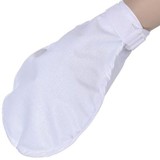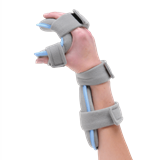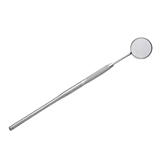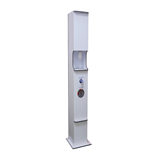Health apps equipped with information and features designed to help individuals with particular issues are bountiful.
Do these apps really help the public or are they a disaster waiting to happen?
Relieving burden on primary healthcare
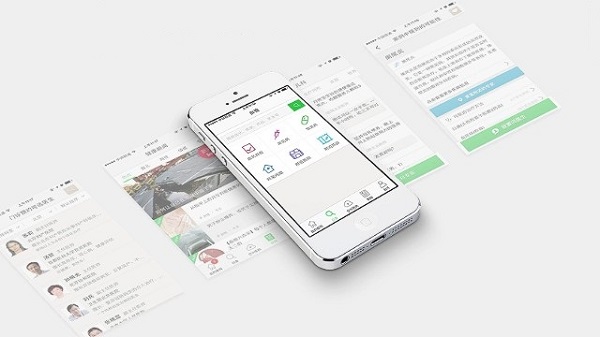 |
| Chunyu Yisheng: a smartphone app which permits patients in China to consult a GP. |
Most health professionals agree that there isn't enough time in the day to meet all the demands of the public. Waiting rooms are full and there is pressure to rush through patient appointments in order to see everyone each day.
In China, an app called Chunyu Yisheng has been developed, enabling patients to consult with physicians electronically for minor ailments. If needed, they can be referred to a health clinic, even making appointments with a doctor via the app. This has had notable success, helping to lessen the load on health clinics, particularly for people with viral infections who need rest rather than to see a doctor for immediate medical treatment.
Misinformation and misdiagnosis
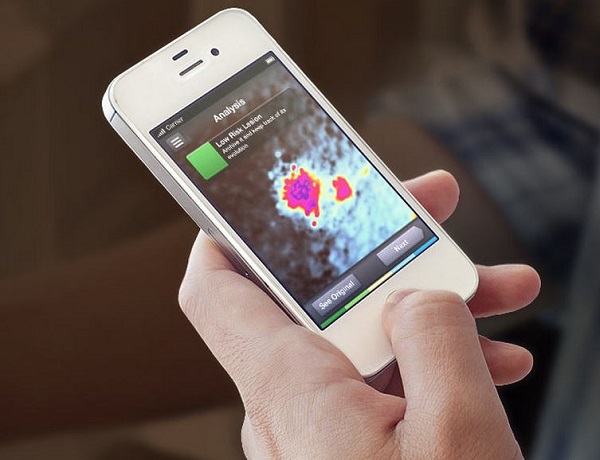 |
| Melanoma app: potential for misdiagnosis? |
Since the emergence of the internet, the public has looked online to self-diagnose from the symptoms they are experiencing and health apps have made this information even more accessible. Whilst at times this can be helpful, not all information is well sourced and patients may come away with inaccurate conclusions.
A prime example is the health app designed to help patients identify if their skin lesion may be malignant. Using nearly 200 pictures of different types of lesions, it was intended to advise patients when they should seek professional advice. However, up to 30 per cent of melanomas were classified as unconcerning, when in reality they should have been picked up by a professional to prevent more serious consequences.
The verdict on health apps
Health apps have the potential to help patients and contribute to healthcare in a positive manner. However, with the lack of regulation some apps currently available lack reputable information to be of substantial benefit to users. At present, there is no requirement for a health professional to be involved in the development of health apps.
In the future we can work toward implementing health apps with the right scientific grounding to help patients and lessen the load on physical health professional consultations. Done correctly, they could provide valuable timely information that is easily accessible and able to revolutionise healthcare as we know it.








